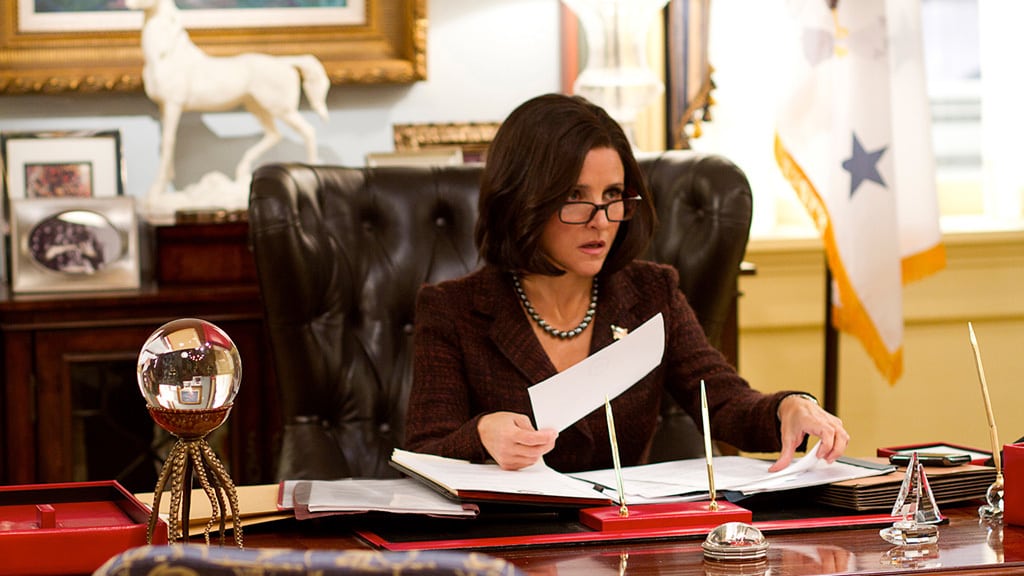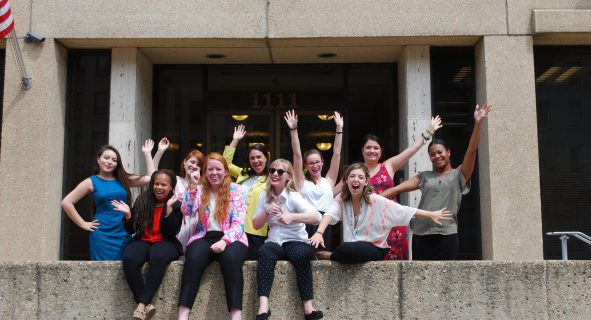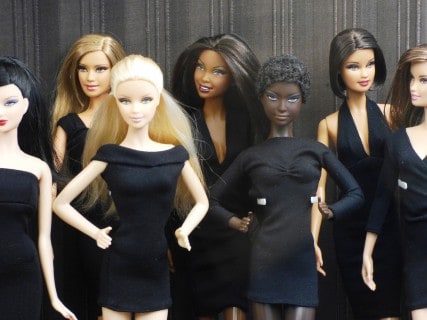Why You Absolutely Have to Vote

If you’ve been paying attention to the increase of bumper stickers and lawn signs or have access to any type of screen, then you’re aware of the presidential race. Everyone from Anderson Cooper to Kendall Jenner will urge you to register and rock the vote.
In spite of the hype surrounding the 2016 election, I’ve seen a lot of disillusionment with the voting process and the government itself as an agency of change. There are tons of politically active millennials who won’t be casting a ballot because they distrust politicians with lofty promises. Independent millennials are frustrated with a political system dominated by two-party politics and choose not to vote. And then there are young would-be voters who say they don’t care about politics at all.
With so many of our peers choosing not to vote, you may be wondering if you should even bother.
Millenials: Go Vote
We’re much more powerful than you think.
Although millennials aren’t old enough to hold presidential office, we have a huge say in who will represent our ideas in office. And our ideas tend to differ from the older generation. Politicians are hyper-aware of our potential and are doing everything they can to court us. Candidates such as Bernie Sanders and Marco Rubio are polling favorably with young voters, while others are taking a more viral route.
There’s a reason why some presidential candidates are going out of their way to dance like fools on national TV. They are thirsty for young votes. At the beginning of 2015, the Pew Research Center projected that our generation will grow to 75.3 million–beating out the 74.9 million Baby Boomers.
Not only are we the most populous generation, but we’re also more diverse than our predecessors. According to a report published by the Census Bureau, 44.2% of millennials are racial or ethnic minorities. As the most diverse demographic of voting age, the causes close to millennials’ hearts are as varied as our population.
There’s power in numbers, and our numbers could spark some serious change. If everyone who was able to vote was registered, participated in the primary elections, and voted in November, we could see a very interesting ballot (and turnout). Conversely, if only a fraction of millennials participated in the upcoming election, we’re subject to the decision of the previous generations.
This time around, presidential candidates are cooking bacon with guns and strumming along to T-Swift in order to win our vote. However, others aren’t making as much of an attempt to connect. It’s obvious that some candidates are more interested in an older vote — in spite of our numbers, Boomers are more likely to actually vote in all elections. When we’re not casting our votes, we’re letting older voters (who don’t have us in mind) set the status quo for us. They’ll bring in politicians who will fight for their viewpoints, not ours.
So What?
Yes, you’re jaded. I’m jaded. We’re jaded. But we can still make a difference. Many millennials want to sit out this election. Although I believe that we all should exercise our civic duty, I can admit to feeling disinterested in candidates that previously had my vote. I’m left wondering who to vote for, and I’ve even considered not voting at all in 2016. However, I feel compelled to do so; my grandmother lived in an era that discriminated against female and Black citizens, barring them from the polls. My mother has lived in the states for decades, but because she is not a U.S. citizen, she cannot vote for politicians and policies that will nonetheless affect her.
Find a candidate who will fight for you and what you believe in, and follow them closely — but not blindly. Millennials aren’t shy about asking politicians where they stand; say what you want about Black Lives Matter protesters interrupting campaign events, it led at least one candidate to flesh out his plan for racial equality. And when you’ve found who you want to support, get involved. Organize on campus or within your community, and be sure to vote in the primaries.
Are you dissatisfied with the two-party system? Vote for an independent candidate. Third-party votes do matter. Casting a vote for an independent candidate will broaden their spotlight and once a candidate obtains 5% of American votes, they can receive federal funding, increasing their shot at national recognition and success. At the very least, she or he will be able to bring attention to their platform thanks to the widened stage.
I believe that if we can generate a massive amount of enthusiasm among young voters regardless of party affiliation, we can make a significant impact on the results of the election. We need to participate in all elections and every aspect of such elections.
Featured Image via VEEP
Last modified on November 9th, 2016





Show Comments +